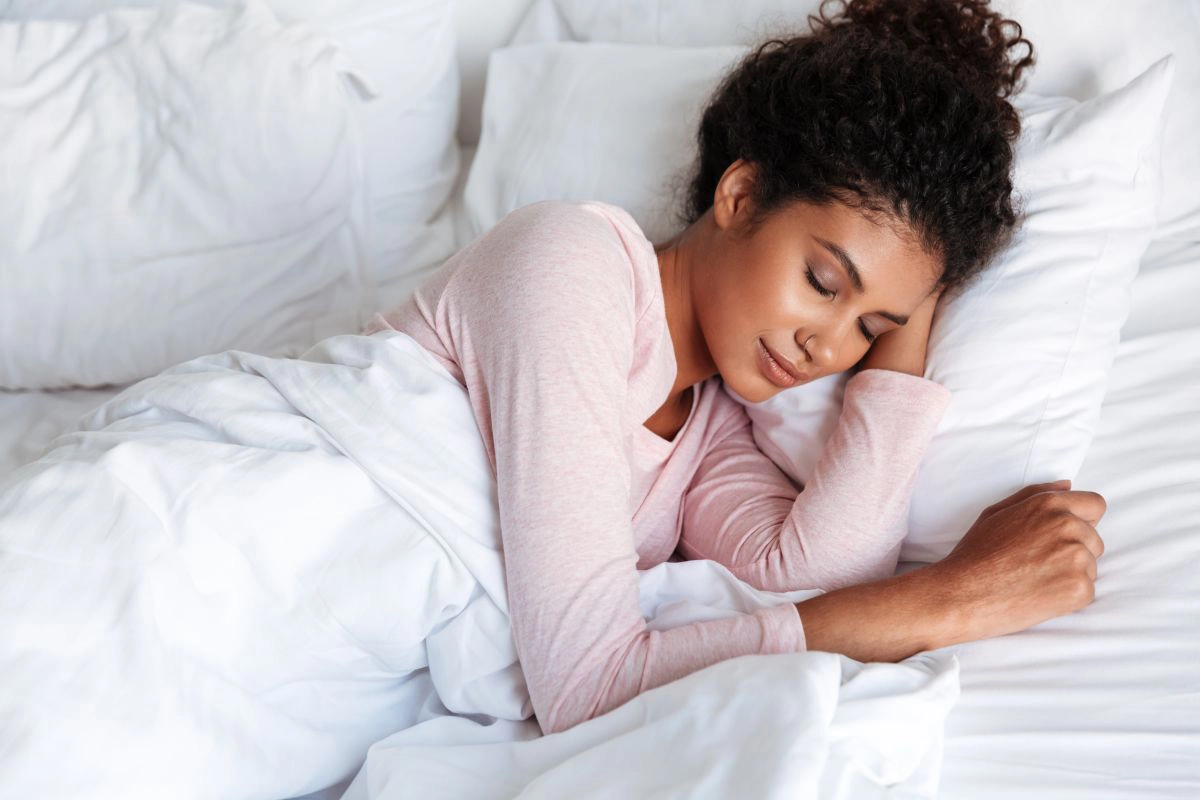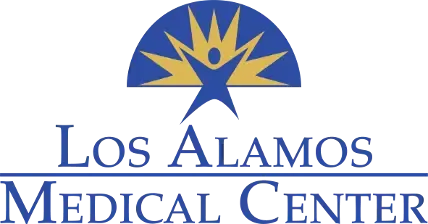Sleep Center

Daytime sleepiness or excessive snoring can be signs of a more serious sleep disorder. Los Alamos Medical Center's Sleep Center is available to help you or a loved one get a better night's sleep.
Sleep disorders that interfere with a good night’s rest are more than an annoyance—they can greatly impact your health. You may be at risk for developing serious health conditions such as:
- Depression
- Diabetes
- Heart disease
- Hypertension
- Obesity
- Stroke
- Substance Abuse
Next Steps
Schedule an Appointment With Our Pulmonologist
Additionally, you may have an increased risk of a motor vehicle or workplace accident.
Our team helps diagnose and treat:
- Narcolepsy
- Sleep Apnea
- Restless Leg Syndrome
- Problems with nighttime behaviors, such as sleep walking, night terrors, or bed wetting
What is a Sleep Lab?
The Sleep Lab enables physicians to diagnose sleep disorders by administering sleep studies.
The most common sleep studies are:
- Polysomnogram. This test records several body functions during sleep, including brain activity, eye movement, oxygen levels, heart rate and rhythm, cessation of breathing, snoring, and body muscle movements.
- Multiple Sleep Latency Test (MSLT). This test measures how long it takes you to fall asleep and if the REM stage of sleep is present in a measured amount of time.
- Home Sleep Apnea Testing (HSAT). This test requires a portable monitoring unit that patients take home overnight for diagnosis of sleep apnea.
What Happens During a Sleep Study?
When you arrive at the Sleep Lab for your sleep study, a sleep technician will greet you at the door and show you to your private suite, equipped with a bed, television and Wi-Fi access. You can make yourself at home and adjust the temperature to your comfort level.
As you prepare for bed, you will complete a questionnaire about your sleep habits. The technician will then place painless monitors on your head, chest and legs. These electrodes monitor vital signs, including your oxygen level, heart and breathing rates, and whether or not there are disruptions in your sleep cycle. Technicians also monitor snoring, and movement of your arms and legs in your sleep.
Once the study is complete, your physician will receive a report on your sleeping patterns that you can review together to form a treatment plan.
Prepping for Your Sleep Lab Visit
Make sure your visit is as successful as possible with these get-ready dos and don’ts:
- Don’t drink or eat caffeine on the day of your sleep study.
- Do bring your favorite pillow and comfortable sleep clothes.
- Do feel free to bring electronic devices, such as an iPad or iPhone. We do ask, however, that you turn these devices off before going to sleep.
- Do take medicines prior to coming to the Sleep Lab, if possible. If you have any questions regarding your medicines, please call the Sleep Lab prior to your appointment.
- Do plan to spend at least nine hours at the Sleep Lab.
